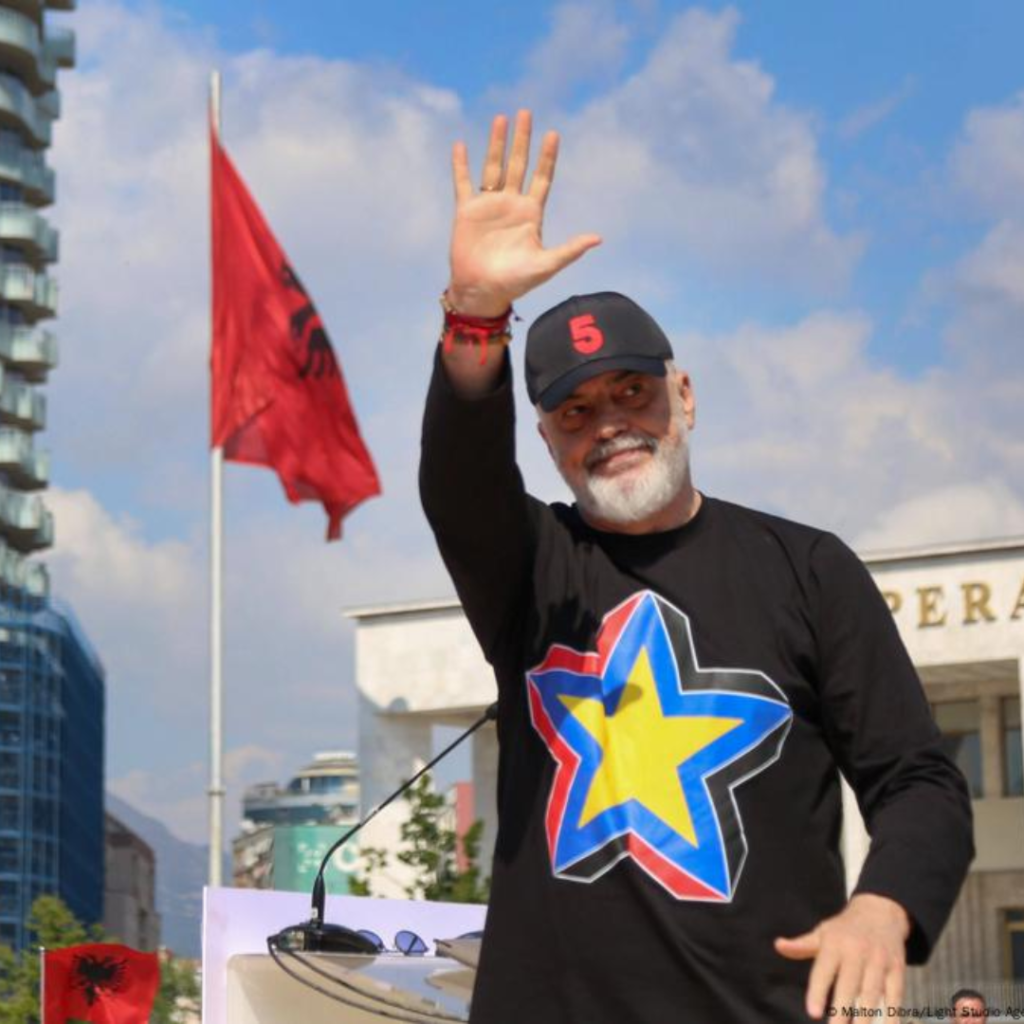Information
Albania’s parliamentary election on May 11 marks a pivotal moment for the country, being the first since the start of EU accession negotiations in 2022. Prime Minister Edi Rama and the ruling Socialist Party are campaigning for an unprecedented fourth term, heavily leaning on the promise of EU integration with the slogan “Albania 2030 in the EU.” However, critics argue that this promise oversimplifies the complex and technical nature of EU membership, which hinges on deep structural reforms. The opposition, led by Sali Berisha’s Democratic Party and the broader “Alliance for a Magnificent Albania,” remains divided and weakened by internal strife and corruption allegations, including ongoing investigations into both Berisha and his political ally Ilir Meta.
Despite the dominance of traditional parties, new reformist groups like Levizja Bashke and Making Albania aim to challenge the status quo, though their influence remains limited. Electoral reforms now allow partial preferential voting, but critics say party leaders still maintain too much control over candidate selection, limiting genuine competition. Both main parties have nominated candidates currently under investigation for corruption, casting doubt on their commitments to rule of law and democratic standards. With Albania’s judicial reforms under pressure and electoral integrity in question, Sunday’s vote is seen not just as a political contest but as a critical barometer of the country’s readiness for EU integration.
Source: DW, Reuters, Politico
So What
Albania still has a long way to go in addressing corruption before the EU will consider its membership. It’s unclear which political party is best positioned to help achieve this goal, as both parties face challenges related to corruption. However, it is possible that maintaining the stability of the current government could be more advantageous for EU membership, even if this isn’t the most pressing issue in the upcoming election.
Follow us to join the intelligence community!

